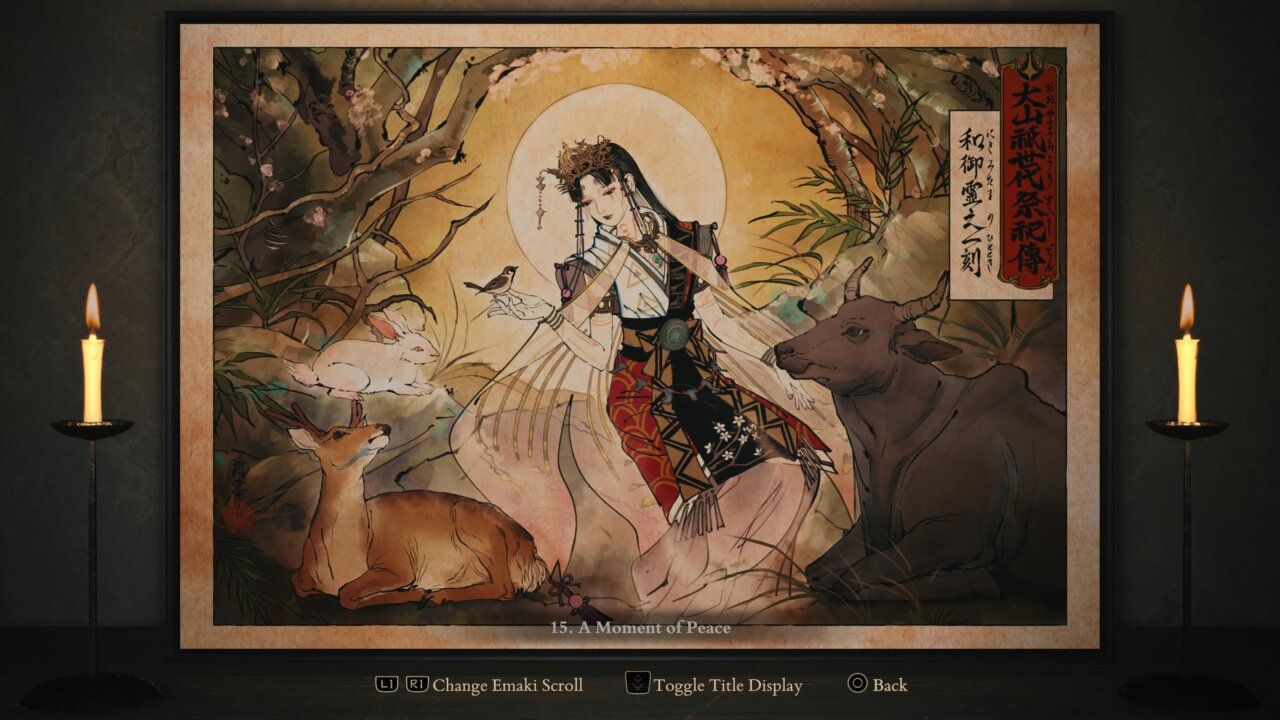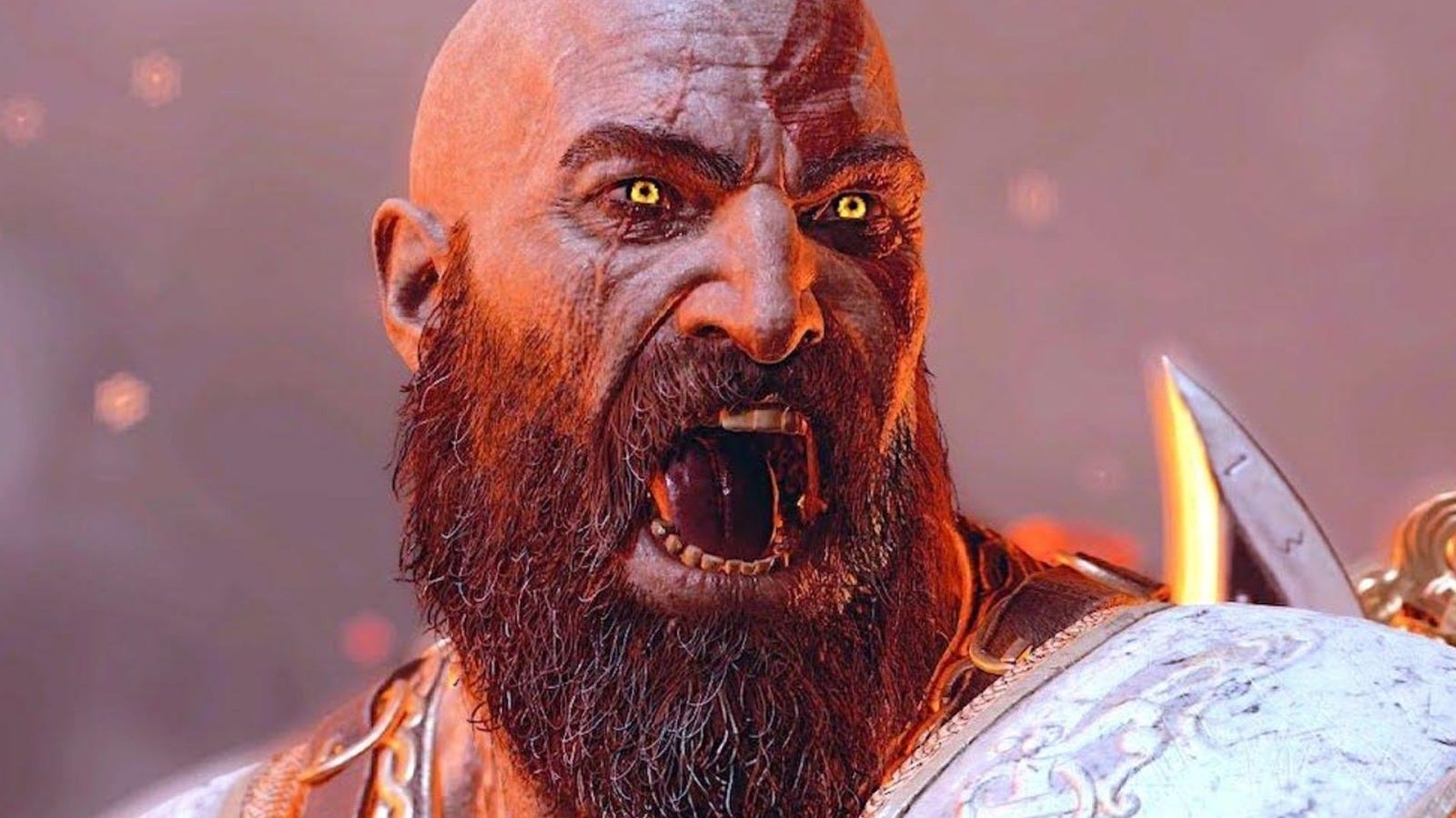Review – Kunitsu-Gami: Path of the Goddess – PS5
Kunitsu-Gami: Path of the Goddess is a journey over a mountain to restore nature to all it’s glory, but is it a path worth treading?
Kunitsu-Gami: Path of the Goddess is brought to us by Capcom and is billed as an action strategy game, which is technically accurate but as with many genres in gaming nowadays that doesn’t actually tell you all that much about what is going on.
Kunitsu-Gami: Path of the Goddess is a tower defence game, however it’s forced me to add two new genres to our gaming lexicon, “Passive Tower Defence” and “Active Tower Defence”, and believe it, this distinction counts…Why you ask?
Well… I hate Tower Defence games, or henceforth what I shall call “Passive Tower Defence”, they are often an awful mix of dull and frustrating and not even beloved franchises to me have been able to engage me with the genre (heres looking at you Crystal Defenders”. I describe Kunitsu-Gami: Path of the Goddess as an “Active Tower Defence” and believe me does that activity make all the difference.

Kunitsu-Gami: Path of the Goddess runs on the RE Engine and looks absolutely stunning, for those of you seeing Kunitsu-Gami and having memories of Okami invoked, I’m right there with you. Like Okami, Japanese folk lore heavily inspired the game, the enemies derive from Japanese Yokai and the combat is inspired by Kagura, a form of ceremonial dance.
The game beings with Yoshiro, Son and the villagers atop the mountain, while dwelling on the mountain humanity has abused nature and sin has accumulated over the years and now the mountain is defiled. This has summoned the Seethe, has corrupted the villagers and tainted the animals. It’s your task as Soh to guide Yorshiro and cleanse the mountain.

Gameplay is split into the day and the night, during the day, you’ll clear the defilement, rescue animals (which earns you rations, health potions), clear the tainted blossom (which earns you crystals) and free villagers who will aid you in defending Yoshiro from the Seethe during the night. With the crystals you’ve earned you can assign the villagers different roles raging from melee, ranged and supports roles. Once darkness falls the Seethe emerge from Torii gates (In the Shinto religion a Torii gate marks passing into a sacred area, which is fitting given the corruption the Seethe represent) they wish to kill Yoshiro to stop her cleansing the area.
There are two types of stages in Kunitsu-Gami: Path of the Goddess, the main stages with the literal path you must clear for Yoshiro, each of which is followed by a “Boss” stage offering an entirely different sort of challenge. Both forms of stage are designed to be played more than once, initially you just need to complete the stage, but doing so, provides you with the option of replaying the stage completing specific challenges. If complete these challenges provide you with rewards to upgrade Soh or Musubi which you can use to level up the different villager roles, these upgrades apply to the role in general and aren’t stage specific so I’d heavily recommend completion of the challenges. Spending Musubi is easy enough and will have a massive impact, especially when it comes to defeating certain bosses. You may have upgraded your Woodcutters (melee units) into axe wielding gods of nature only to come across a flying Seethe and have them rendered useless, however, fear not, you won’t need to sit and grind, you can “refund” your spent Musubi and reallocate them as need be. This is a brilliant move on Capcoms part as far as I’m concerned, it immediately removes any anxiety about how to level up, eliminates any potential frustration and respects the players time, something increasingly uncommon in the modern industry.

The removal of frustration shouldn’t be misunderstood however, Kunitsu-Gami: Path of the Goddess isn’t a cake walk and one will have to pay attention during every moment of a stage or boss encounter. Some bosses have environmental factors that will impact how tough they are to vanquish, ignore your surroundings at you peril.
Unlike “Passive Tower Defence” games the gameplay of Kunitsu-Gami: Path of the Goddess gameplay is incredibly dynamic, given that you actively control Soh and are right in the thick of the action vanquishing the foul Seethe. Not only that, while you can position your village allies strategically in the best spots to defend Yoshiro, they aren’t merely static towers of DPS, you can redeploy them as the battle rages and I actually found myself invested in their survival.

I think investment might be a core reason I enjoyed Kunitsu-Gami: Path of the Goddess, maybe it’s the old hippy pagan in me but the world of Kunitsu-Gami: Path of the Goddess is so beautiful designed, as is the foul corruption brought by the Seethes defilement that it was a joy to see the world cleansed. Everything about the game is stunning to look at, the character designs are fantastic, especially the Amaterasu costume you can use for Soh. Each villager role has a distinct look featuring a unique mask which becomes more embellished as you level up that roll. So stunning is the games design that I’m actually using a screenshot I captured in game as much as current MacBook desktop background.
The post Review – Kunitsu-Gami: Path of the Goddess – PS5 appeared first on GameHype.


